Tokyo, MINA – Prime Minister of Japan, Shinzo Abe announced Monday that the state of emergency declared over the novel coronavirus crisis is over in Japan, ending curbs on economic activity in Tokyo and four other prefectures as experts judged the spread of infections is now under control.
Abe lifted the state of emergency that had been in place since April for the Tokyo metropolitan area including Chiba, Kanagawa and Saitama prefectures, along with Hokkaido in northern Japan, about a week earlier than its scheduled end. But he warned that a re-imposition is possible if infections spike, Kyodo News reported.
With the removal of restrictions imposed under the state of emergency, the recession-hit Japanese economy is still expected to regain vigor, albeit at a gradual pace. The five prefectures account for about a third of the country’s gross domestic product.
“I have decided to end the state of emergency across the nation,” Abe told a televised press conference. “In just over a month and a half, we almost brought (the infection) situation under control.”
Also Read: Afghan, Pakistani Armies Exchange Heavy Fire Along Border
“The lifting of the emergency does not mean the virus is gone or infections are down to zero. Our battle against the virus will continue,” Abe said as health experts call for continued vigilance against a second or third wave of infections.
An advisory panel gave the go-ahead to the government plan to end the emergency earlier in the day after examining the number of newly reported cases over the past week, the availability of medical resources, and the capacity to provide virus tests and monitor the spread of the virus.
Abe has been weighing the need to keep new infections under control against the urgent need to rejuvenate the economy as the number of newly reported coronavirus cases has been on a downward trend.
Instead of keeping strict restrictions and asking people to reduce contact with others by 80 percent, Japan needs to explore a new way of gradually raising the level of social and economic activities by taking proper virus prevention steps, Abe said.
Also Read: Malaysian PM Condemns Israel’s Detention of Gaza Humanitarian Activists
The government is calling for Japanese people to adopt a new lifestyle, which involves wearing face masks, maintaining social distancing and working from home. Teleworking can change people’s workstyles and reduce packed trains, especially in urban areas, Abe told the press conference.
While the infection situation has stabilized, Abe’s political capital has apparently waned in recent months, as the prime minister has come under fire for his crisis response that critics say is insufficient and out of touch with the public. Adding to his woes, a top prosecutor resigned last week for gambling on mahjong during the state of emergency.
As many households and businesses are increasingly feeling the pain from the coronavirus epidemic, the government will almost double the size of economic stimulus to more than 200 trillion yen ($1.9 trillion), equivalent to about 40 percent of Japan’s GDP, as Abe pledged to protect companies and jobs.
Economic revitalization minister Yasutoshi Nishimura said the government will establish a transitional period and assess the infection situation every three weeks, meaning requests for people to stay at home and avoid large gatherings may be eased only gradually.
Also Read: Australian Activists Report Beatings and Humiliation by Israeli Forces After Gaza Flotilla Raid
People will be asked to refrain from crossing prefectural borders for the rest of the month and the request will be relaxed in stages until it ends on June 19.(T/R3/RE1)
Mi’raj News Agency (MINA)
Also Read: Over 1,200 Families Displaced by Floods in Khartoum, Sudan





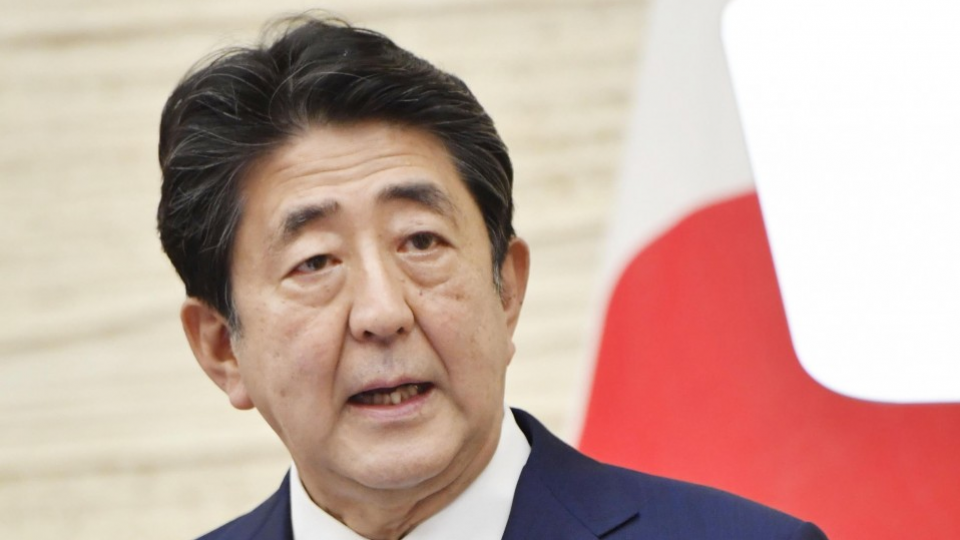




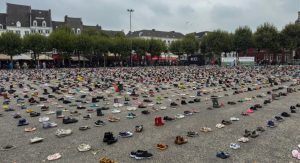

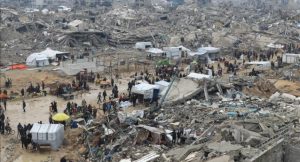

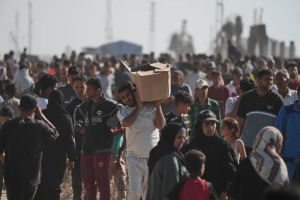


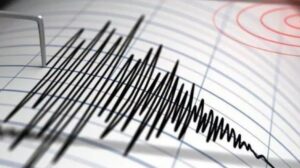
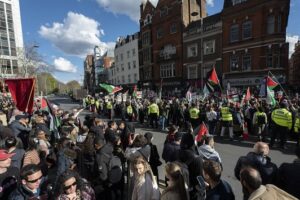
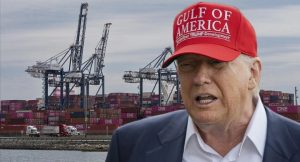
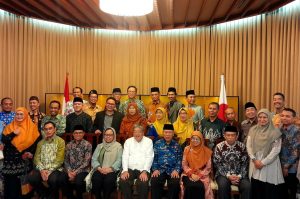



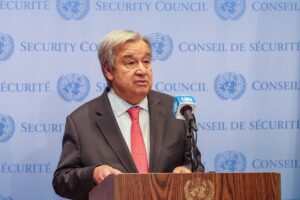
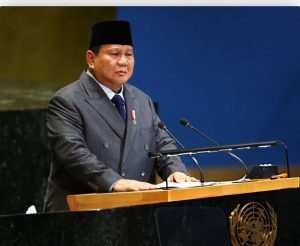
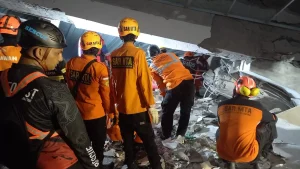








 Mina Indonesia
Mina Indonesia Mina Arabic
Mina Arabic